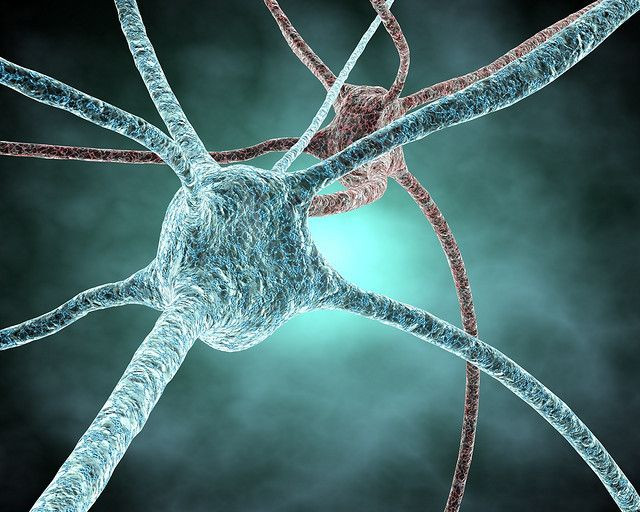Nutrient Mixture Shows Memory Improvement in Early Alzheimer's Patients

A clinical trial conducted in Europe has found that a nutrient mixture developed at the Massachusetts Institute of Technology (MIT) has the potential to improve memory in early-stage Alzheimer’s patients.
Alzheimer’s patients generally lose the synapses, or connections, between neurons in their brains. The supplement mixture seems to promote the growth of new ones.
Developed by Richard Wurtman, professor emeritus of brain and cognitive sciences at MIT, the mixture is made up of three naturally occurring compounds: choline, uridine, and DHA, an omega-3 fatty acid. Choline is found in meats, nuts, and eggs; uridine is produced by the liver and kidney, and can be obtained from foods through RNA; and omega-3 fatty acids are located in a variety of foods including fish, eggs, and flaxseed. In order to be effective at promoting new synapses, all three nutrients need to be taken together.
The current study's findings confirm and expand on a previous study conducted on the matter.
The study included 259 people with early Alzheimer’s disease, with participants taking either the nutrient mixture or a control drink. It was the second study conducted on the mixture; the first took place in 2008, and studied 225 participants with mild Alzheimer’s over the course of three months. Both were led by Philip Scheltens, director of the Alzheimer Center at VU University Medical Center in Amsterdam. That 2008 study found that 40 percent of patients who took the nutrient mixture improved in a test of verbal memory; 24 percent of patients who received the control drink improved.
First the first three months of the latest study, both participants with the mixture and with the placebo showed improvement. But after three months, the patients who were receiving the placebo deteriorated, while participants who received the nutrient mixture continued to improve.
The trial is exciting because few studies have produced consistent improvement with Alzheimer’s disease. With memory loss being the most obvious and known symptom of Alzheimer’s, it makes sense that it has been the focus for many scientists.
It remains unclear as to when the drug, called Souvenaid, will be released, but by all indications, it will appear on shelves in Europe first. It is being produced by Danone, known in the United States as Dannon.
The results of the trial have been published in the Journal of Alzheimer’s Disease.
Published by Medicaldaily.com



























